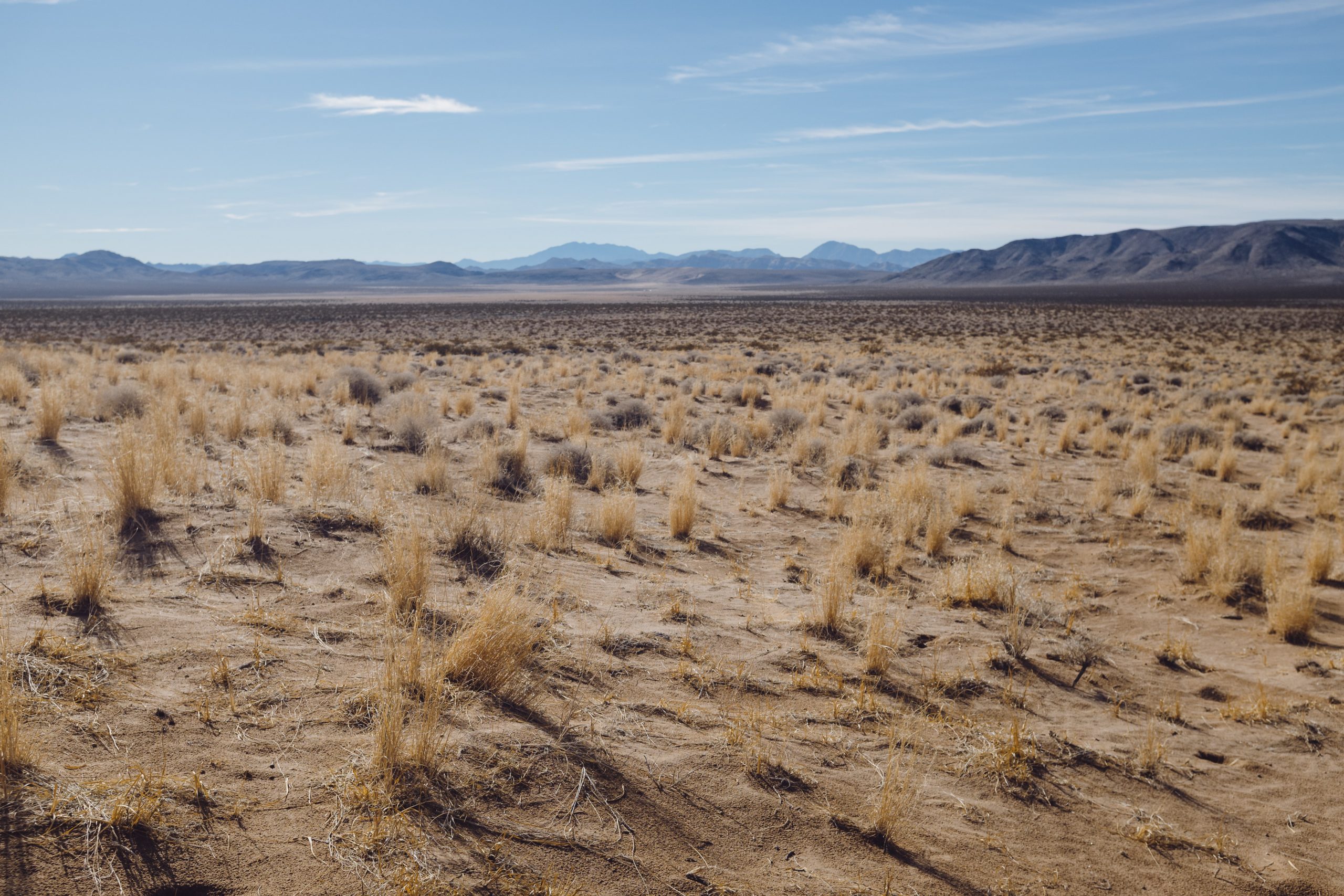Does it sometimes seem like your life is frustrating or you wonder why God would allow certain things to happen in your life? Sometimes in order to get to your calling in life you have to go through a wilderness experience. Many of the great leaders in the Bible had to do so. Today we are going to look at the journey of Moses and his wilderness experience.
The Story of Moses (Exodus 2)
The story of Moses is one of those Sunday School stories that has made its way into popular culture. Here’s the short version of his upbringing. Moses is saved from the murder of Hebrew babies when his mother puts him in a basket and floats him down the river. He is rescued by the Pharaoh’s daughter and is raised in the Egyptian palace as an Egyptian prince. He grows up knowing about his background and as an adult, he identifies himself with the Hebrew people and grows resentful of the mistreatment of Hebrew slaves (his people). He gets into a confrontation with an Egyptian guard who is abusing a Hebrew slave and Moses ends up killing the guard.
Though his motives are understandable, murdering the guard was wrong and caused Moses problems on several levels. The first is that he took matters into his own hands and committed a crime instead of waiting for God. God had a plan to deliver the Israelites, but it was not yet time. Secondly, Moses got himself in trouble with his adoptive Egyptian family. “In acting to defend the Hebrews, Moses was challenging the basic foundations—social, political, and religious—on which Egyptian society had been established.”[1] Because of this, Pharaoh condemns Moses to death. Facing death, Moses flees and ends up in the desert.
Despite going about things the wrong way initially, Moses had made a decision to follow God. “By faith Moses, when he was grown up, refused to be called the son of Pharaoh’s daughter, 25 choosing rather to be mistreated with the people of God than to enjoy the fleeting pleasures of sin.” (Heb 11:24-25) Moses has now learned that he can’t save the Israelites on his own. “Now he had to go out into the wilderness to learn how to live by faith.”[2]
He winds up in the country of Midian. There he encounters the seven daughters of Reuel (Ex 2:16). Some local shepherds are causing the daughters trouble. Moses steps in and helps them. “For the first time in his life, Moses was acting like a deliverer. Furthermore, after he rescued the girls, he came to their aid by watering their flocks. This was to their great astonishment, for in ancient times it was unthinkable for a man to perform such a menial task for a woman. [3]” From the heights of privilege in the Egyptian palace, to serving those who, by custom would have been serving him, Moses is showing the development of character that is beginning to bear fruit. After showing the girls kindness he is invited to come stay with the family. Things work out ok for Moses and he ends up marrying one of the daughters and taking up the family occupation of shepherding.
Lessons Learned
Going from a royal upbringing in the palace of Egypt to a murderous fugitive on the run who ends up tending sheep in the desert must have felt like a pretty big career setback. In today’s world we often assume that a great education, access to the best leaders and good leadership training are all that we need to succeed. Moses had all these things. By human standards he was ready to launch. Yet, the wilderness in the Bible has a long history as a place of preparation and Moses learns some crucial lessons in the wilderness that he could not have learned in the palace.
In the wilderness Moses learns to rely on God. He cannot rely on the power and wealth of the palace and the prestige of his position as an adoptive prince. As a number of Biblical leaders do, Moses spends time as a shepherd. This was the lowest of the low in ancient professions, but there’s a reason the Bible compares leading people to a shepherd leading sheep. Sheep need constant care; they have to be led to safe places to eat and drink and they have to be protected from predators. “It was by tending his flock, therefore, that Moses learned how to feed, defend, and rescue the lost sheep of Israel.[4]”
Moses’ undesired and unplanned sojourn in the wilderness turned out to be what God used to prepare him for his main role in life, leading a nation of unruly slaves out of Egypt and through the wilderness. It is often in hard situations that our character is revealed, refined and reformed and Moses’ education and status in the palace wasn’t enough for the kind of leader God was forming.
Trials
Here we have seen the growth and wilderness years of Moses. However, when we read the story of great Bible characters, we tend to read it through what I have termed the ‘finished form fallacy.’
We tend to see all the great biblical leaders at the peak of their influence and maturity, but we forget the wilderness experiences, trials and hard times that formed them into the leaders we read about later. They didn’t pop out of the womb fully formed and ready to take on the calling God had for them. Each great leader started out young and inexperienced. They made mistakes and learned and grew. The amazing thing is that God can and does use flawed leaders who make mistakes like Moses. Just as we are, each Biblical leader was a work in progress.
In the wilderness, Moses’ character was tested and refined into the character of the man God wanted to lead his people. Moses’ personal 40-year sojourn in the wilderness prepared him to lead the nation of Israel on their own 40-year wilderness experience.
Application and Conclusion
- Just as he did with Moses, God often prepares people through a wilderness experience.
- You may find yourself in a situation that doesn’t seem ideal
- Yet God leads and prepares people where they are.
- What lessons can you take from your current situation? What is God trying to teach you?
- It is often in the wilderness experience that we come to trust in God and rely on him
- What lessons have you learned in hard times that you would not have learned without the wilderness experience?
- There’s a saying that life is lived forward, but only understood backward; meaning that we often don’t see why things are happening the way they are right now until we can look back on our lives with the benefit of hindsight
- Finally, hold out hope because the wilderness experience ends.
- Moses eventually left the solitary wilderness experience to step into the leadership of Israel
- God is with you, leading you, teaching you and has a good plan for your life.
- Remember: God is with you in the wilderness
[1] Ryken, P. G., & Hughes, R. K. (2005). Exodus: saved for God’s glory (p. 66). Wheaton, IL: Crossway Books.
[2] Ryken, P. G., & Hughes, R. K. (2005). Exodus: saved for God’s glory (p. 67). Wheaton, IL: Crossway Books.
[3] Ryken, P. G., & Hughes, R. K. (2005). Exodus: saved for God’s glory (p. 70). Wheaton, IL: Crossway Books.
[4] Ryken, P. G., & Hughes, R. K. (2005). Exodus: saved for God’s glory (p. 73). Wheaton, IL: Crossway Books.








